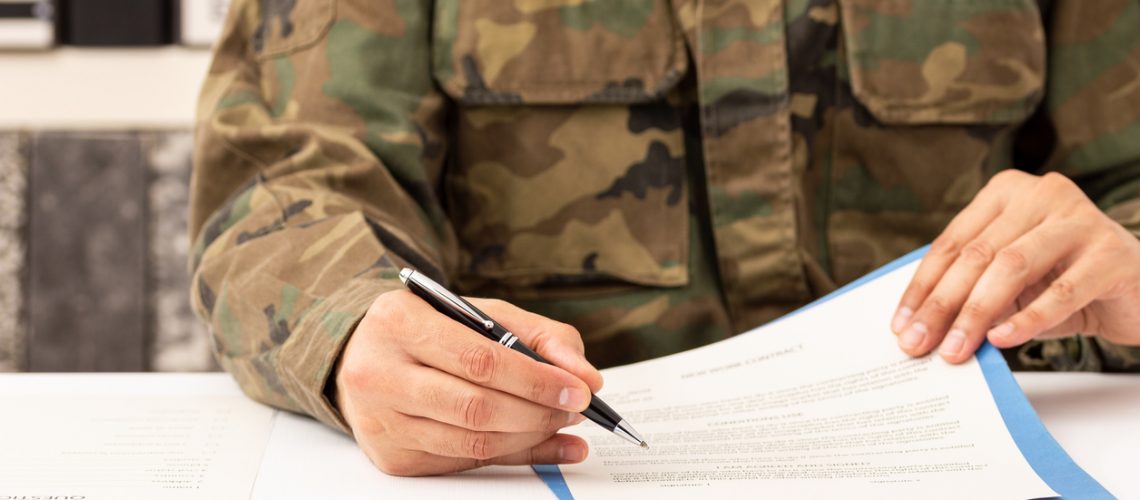In the military, before a criminal charge can be referred to a Court-Martial, the government must present all of the evidence available to an impartial investigating officer. This individual must examine the charges and inquire as to the facts and accusations set forth in the charges. He or she is essentially responsible for a pretrial, known as an Article 32 Preliminary Hearing.
The Rights of the Accused
The individual who has been accused has the legal right to be present and to participate in an Article 32 Preliminary Hearing. This is a time when the accused and the defense will hear the government’s evidence against them and can present evidence to help prove his or her innocence on the charges. During this hearing the accused and their attorney are not only informed of the charges and details that the investigation has yielded but can also hear witness statements and cross-examine witnesses and evidence should they so choose.
An Article 32 Preliminary Hearing affords the accused the following rights to be:
- Informed of the actual charges under the hearing
- Informed of the purpose of the hearing
- Informed of the accuser(s) identity
- Informed of any witness(es) identity
- Allowed to cross-examine witnesses
- Informed of any additional evidence
- Present throughout the selection of evidence
- Represented by your choice of attorney
- Informed of your right against self-incrimination
- Allowed to make statements that can help your defense
- Allowed to present anything that can help your defense
Persuading the Investigating Officer
It is during this time that the accused will learn the government’s case, its strengths and weaknesses, and what they are up against. As mentioned, they have the opportunity to present evidence and persuade the investigating officer into recommending that either some or all of the charges are reduced or dismissed, or that the charges be referred to a Summary Court-Martial, a Special Court-Martial, of an Article 15 NJP/Captain’s Mast rather than a General Court-Martial.
Since an Article 32 Preliminary Hearing can be just as – if not more – important than an actual Court-Martial, it’s very important that you secure a highly qualified civilian military attorney who has more experience than many military attorneys do. You don’t want to risk your military career and your freedom with a defense attorney who lacks knowledge and experience regarding all of the military procedures and manners in which your rights can be protected.
The Court-Martial Law Division of Aviso Law LLC Helps Military Members in Colorado Who Have Been Charged with Pandering
The U.S. Government has an interest in obtaining a conviction as soon as possible, as it does not wish to gain negative publicity about one of its service members. That is why it is so important to consult with a knowledgeable and experienced military attorney as soon as possible.
If you are a military service member and have been charged with pandering under the UCMJ, the Court-Martial Law Division of Aviso Law LLC can help. We proudly serve our military members, who sacrifice so much for our country. To learn more or to schedule a free consultation, contact us today!

